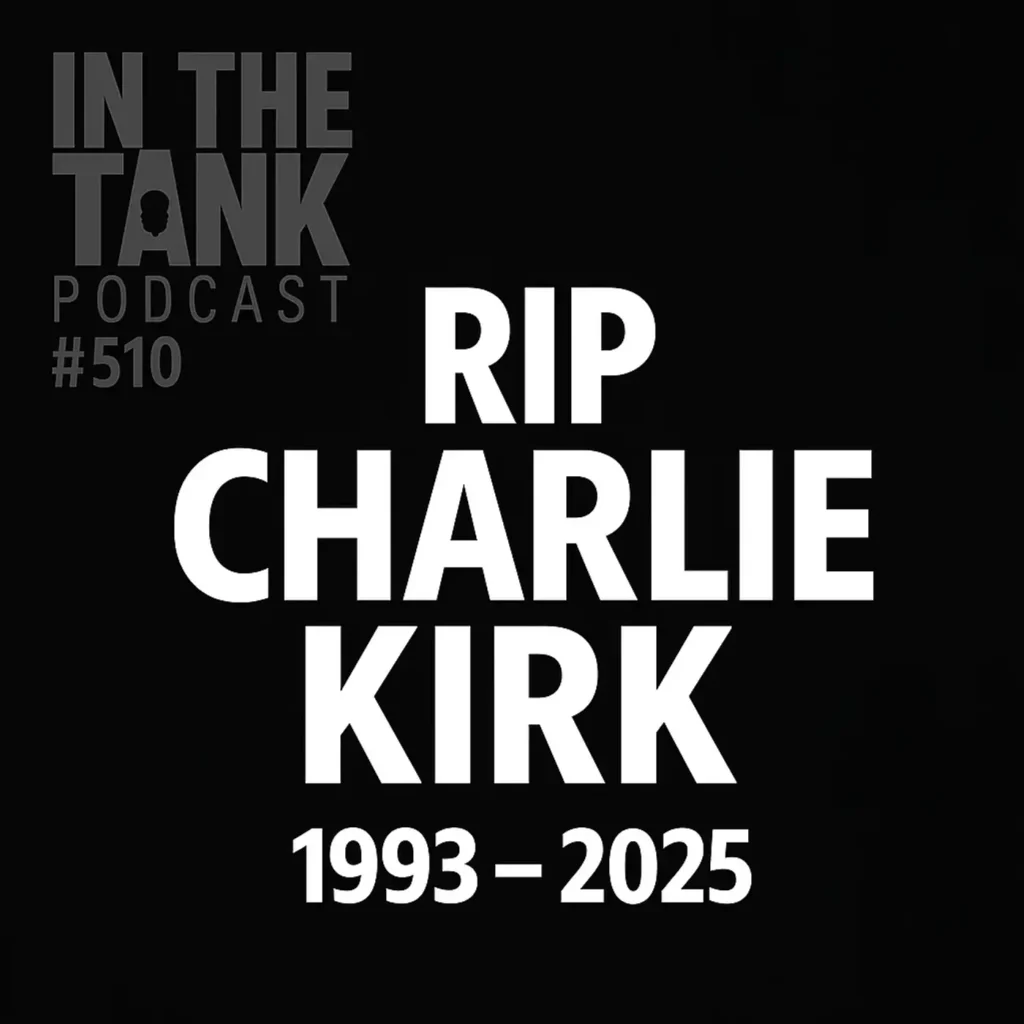It now looks like the defenders of the status quo — the people more concerned with funding failure-ridden public schools than expanding educational opportunities for children — are actually beginning to believe their own propaganda.
With self-righteous indignation, the ACLU and Educate Nevada Now — the two leading opponents of Nevada’s sweeping Education Savings Accounts program, (ESAs) — are demanding that Treasurer Dan Schwartz essentially stop doing his job.
A lawyer for one of the groups even sent a letter to Nevada’s Attorney General, demanding that action be taken to stop Schwartz from continuing to accept ESA applications from hopeful parents.
“It’s time for Treasurer Schwartz to face the fact that ESA vouchers were declared unconstitutional because they would have drained tens of millions of dollars from Nevada’s public schools, with Clark County schools losing over $30 million in the first year alone,” said Sylvia Lazos, UNLV law school professor and policy director for ENN.
A law professor should have more respect for the facts.
Contrary to the fulminations coming out of program opponents, ESAs are not dead and the law was actually found to be constitutionally solid on multiple critically important points. It was the plaintiffs themselves, the court showed, who were seeking unconstitutional rules to strait-jacket Nevada public education. And on all those issues, ESA opponents bit the dust.
What the state’s high court took issue with in the law passed by the 2015 Legislature, however, was the particular funding mechanism on which lawmakers had settled. ESAs, in themselves, the Supreme Court held, were entirely within the law.
However, said the Court, ESAs cannot, constitutionally, be funded out of a particular account — the state Distributive School Account (DSA) — because it was theoretically possible that so many parents could abandon the public schools that the state would find itself incapable of also fulfilling its constitutional obligation to maintain a system of public schools.
Secondly, noted the court, because the ESA legislation was passed by lawmakers before the DSA was funded, it runs afoul of a constitutional amendment passed in the 1990s requiring that DSA money be appropriated before any other appropriations. Technically, therefore, the ESA legislation did not qualify as an appropriation bill.
Of course, when the court released its ruling ESA opponents rushed to claim the program was “dead.”
But the truth is, ESAs are alive. They’re simply not funded.
And, based on Nevada Governor Brian Sandoval’s pledge to place ESA funding in his Executive Budget, it’s entirely appropriate for Nevada Treasurer Schwartz to create, process and approve as many applications as parents would like. It’s then up to lawmakers to decide if over 8,000 Nevada parents will get state assistance providing their children with new opportunities — or if educational choice remains only a privilege for a wealthy and lucky few.
The ACLU and ENN — clearly hoping lawmakers will ignore the hopes of thousands of families — are engaged in a propaganda campaign to demoralize parents and keep the monopoly of the public school system intact.
“You have no hope!” is the silent, but obvious, subtext of this campaign. Its goal? Starving the reform out of existence during the next legislative session.
The reason for this immoral campaign is obvious enough — and fully evident in opponents’ argument that the ESA program will “drain money” from public schools.
Notably, it’s an argument that misses the entire point of education.
Essentially it assumes that children exist to provide jobs for public school employees and education bureaucrats. But all parents instinctively understand their children should never be considered mere funding mechanisms for chronically subpar government schools.
Of course the alternative — having a public conversation focused on the needs of students and parents, rather than politicians or bureaucrats — is the last thing defenders of the status quo want.
So, to ENN and the ACLU, it is much easier to try to convince families that local public schools are the only choice available, rather than argue against the merits of putting parents in control of their child’s educational dollars.
From a political perspective, it makes sense that these two organizations would try to damp down the excitement and enthusiasm parents have for the reform.
The fact that they are now threatening more legal action, however, seems to indicate that — instead of actually reading the Supreme Court decision — they’ve been drinking too much of their own Kool-Aid.
Michael Schaus is communications director of the Nevada Policy Research Institute, a nonpartisan, free-market think tank, and a Heartland Institute policy advisor. For more visit http://npri.org.



